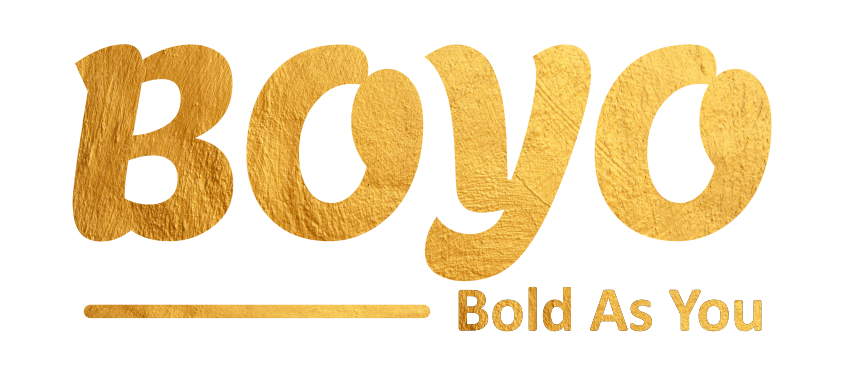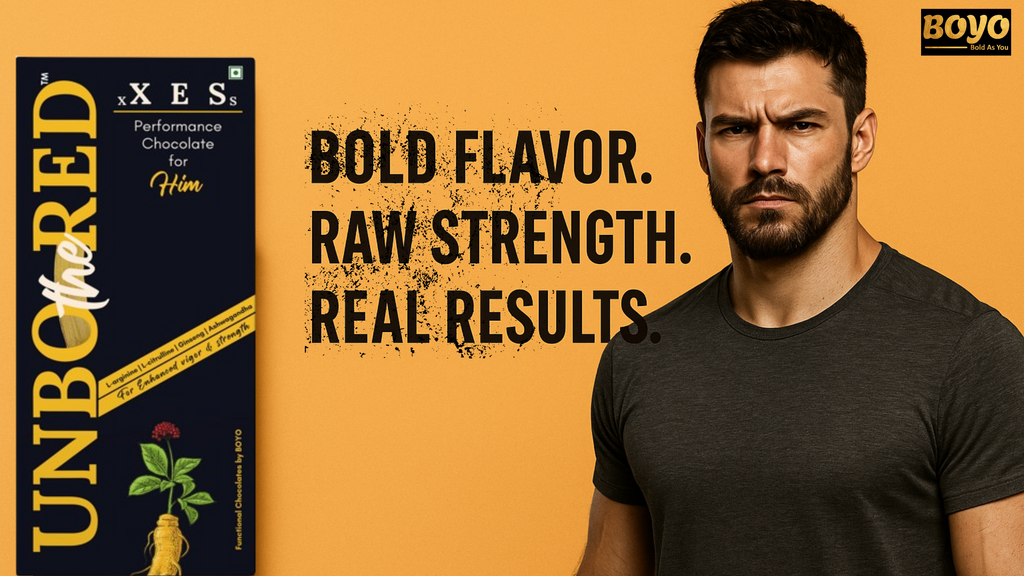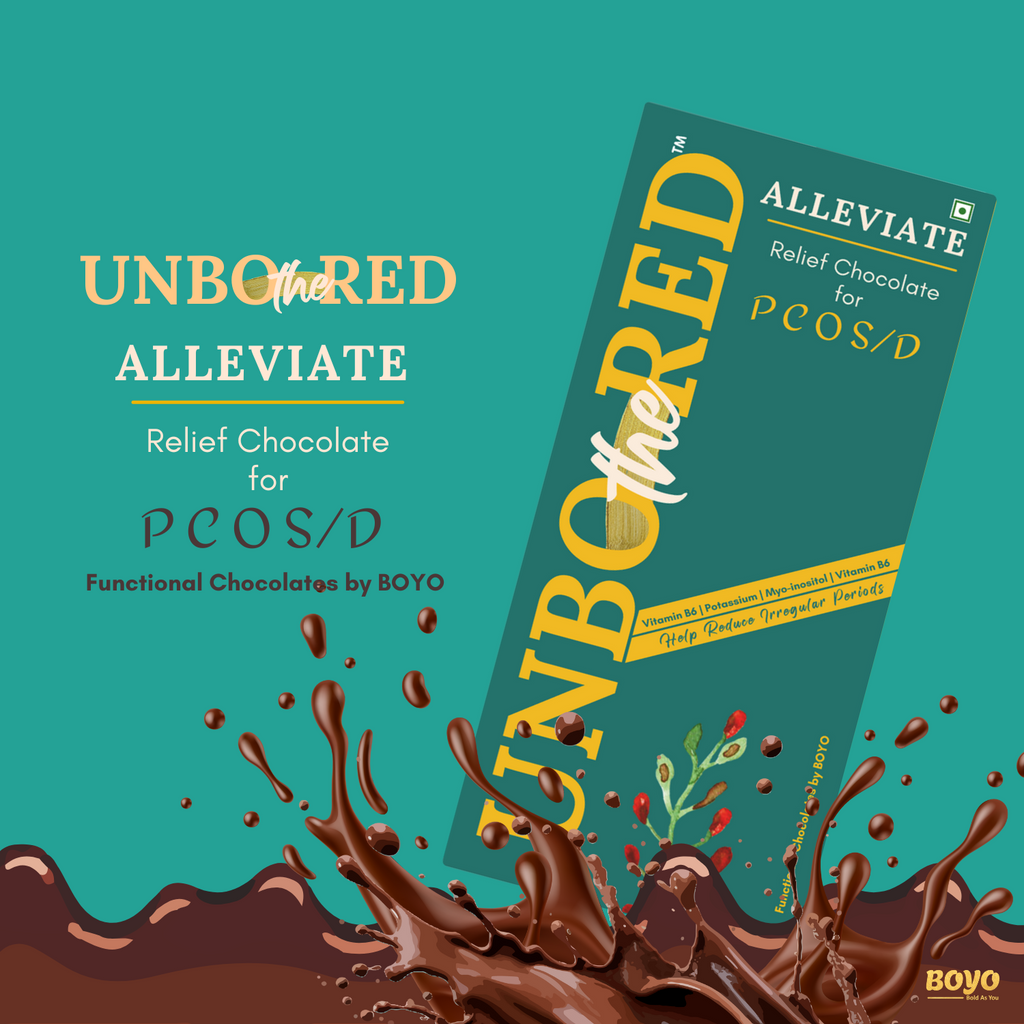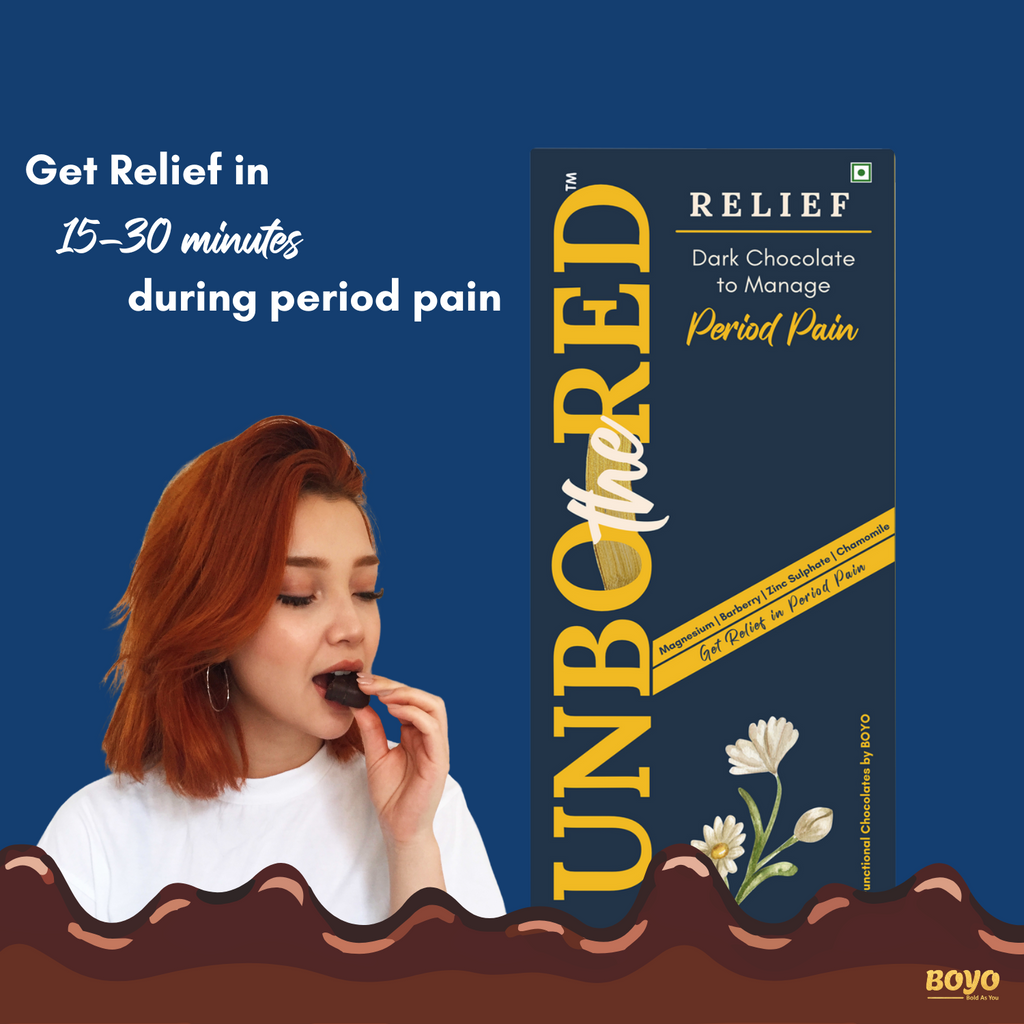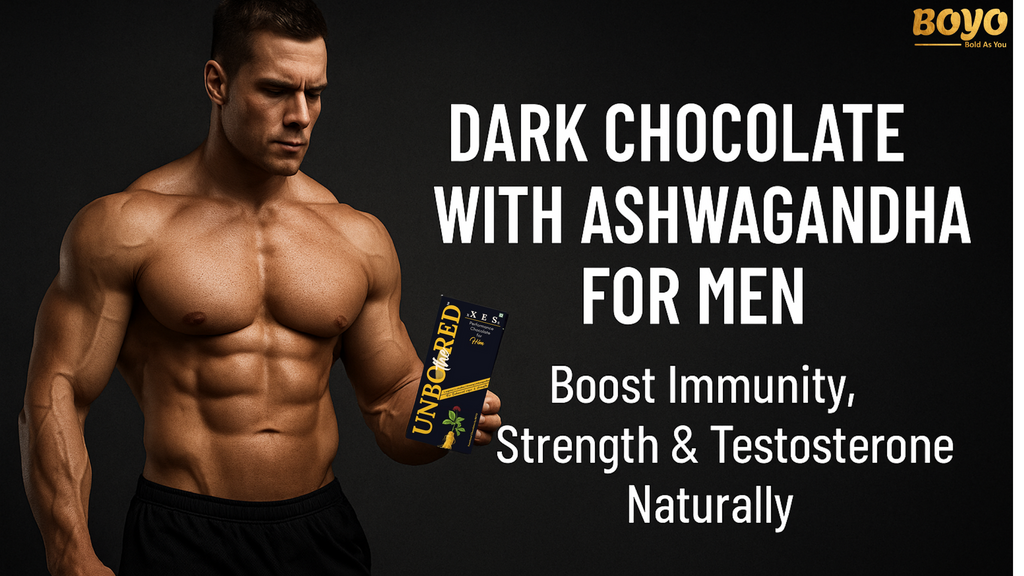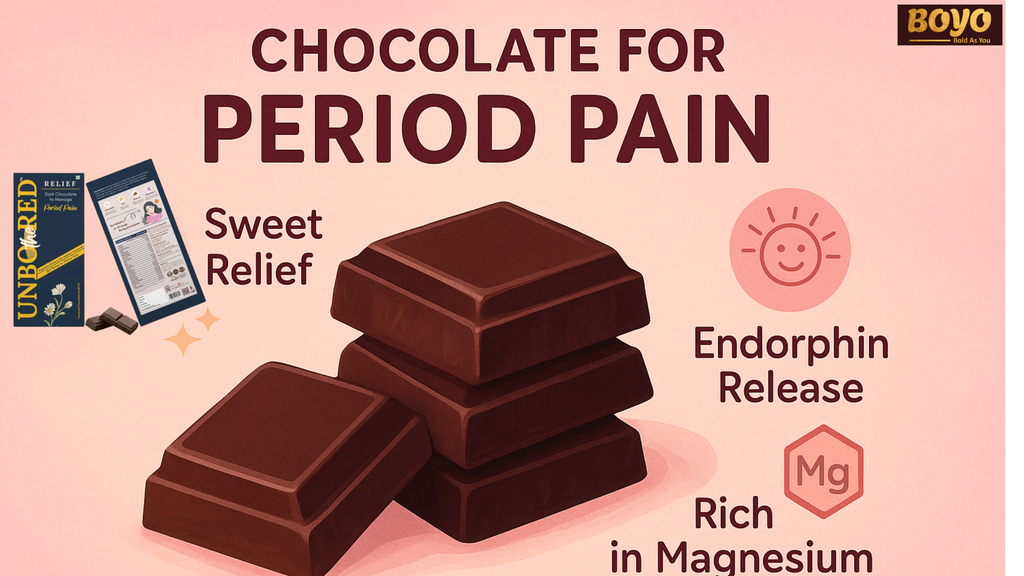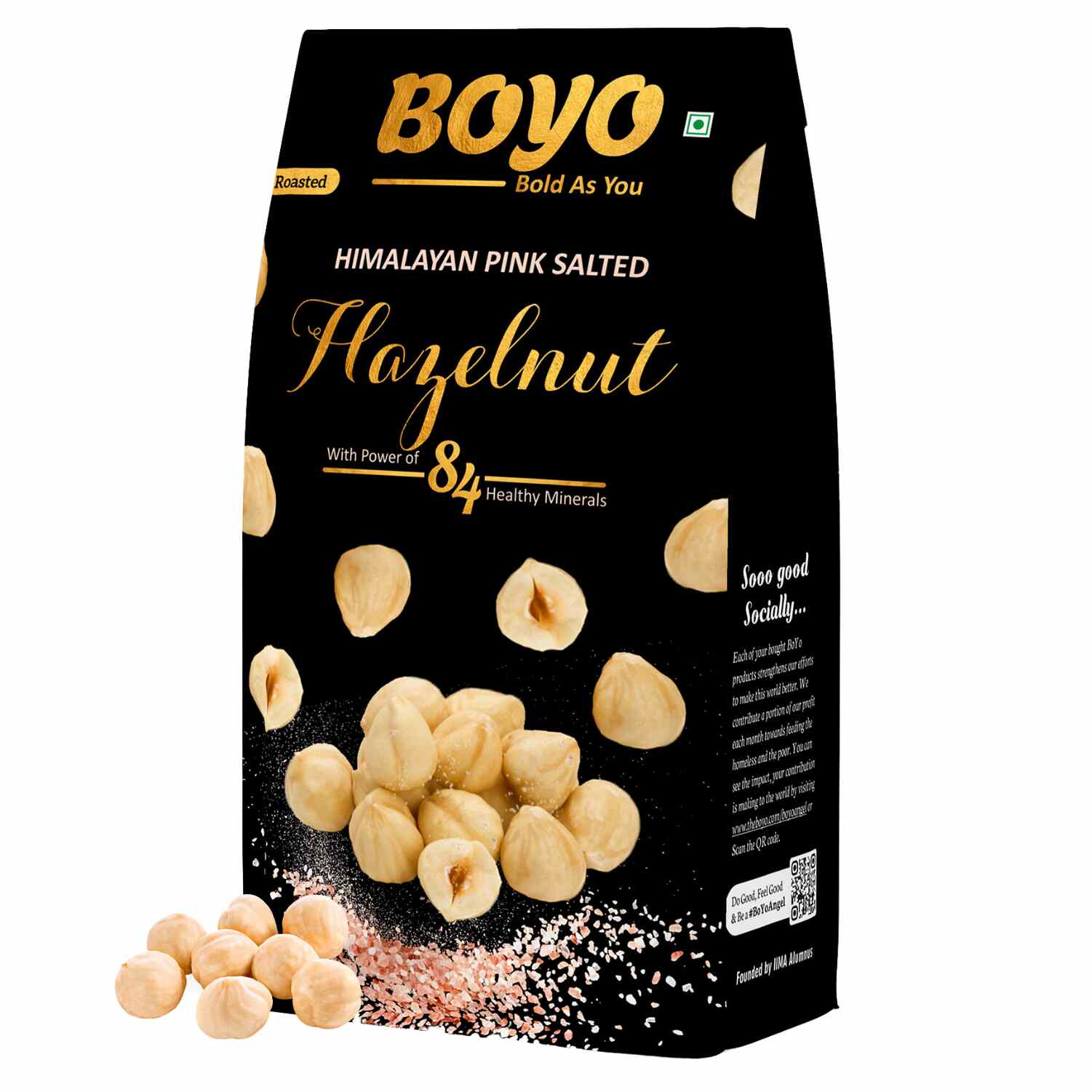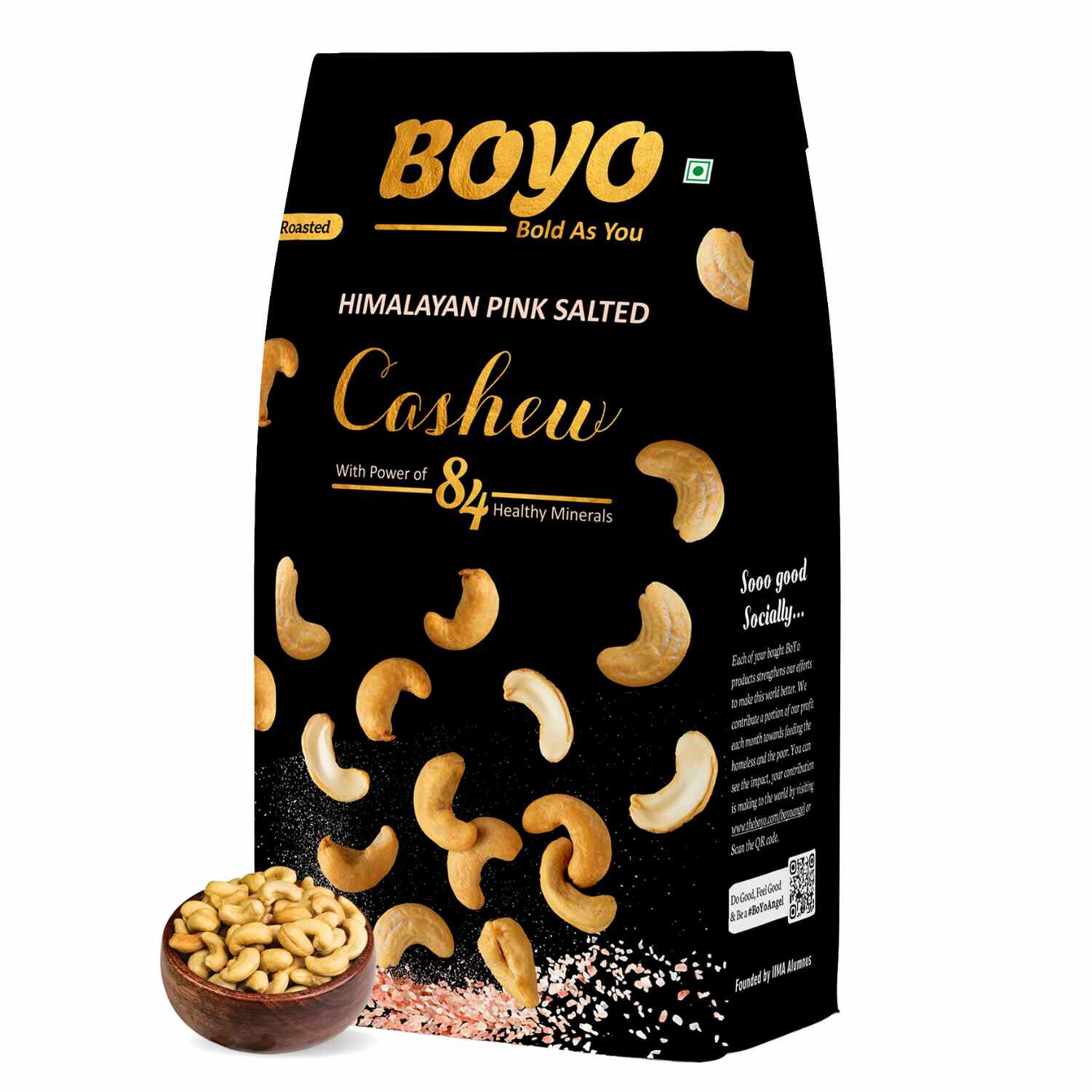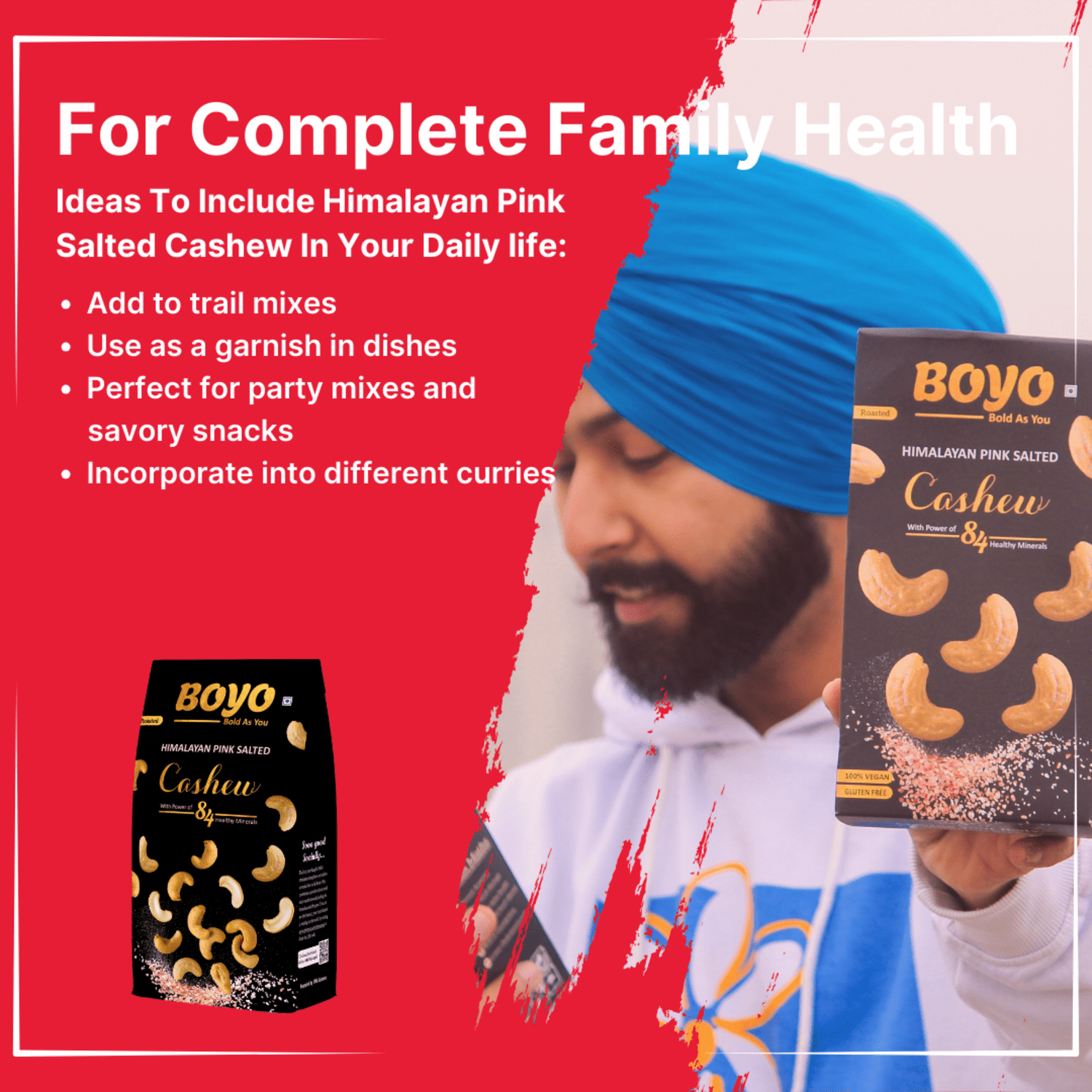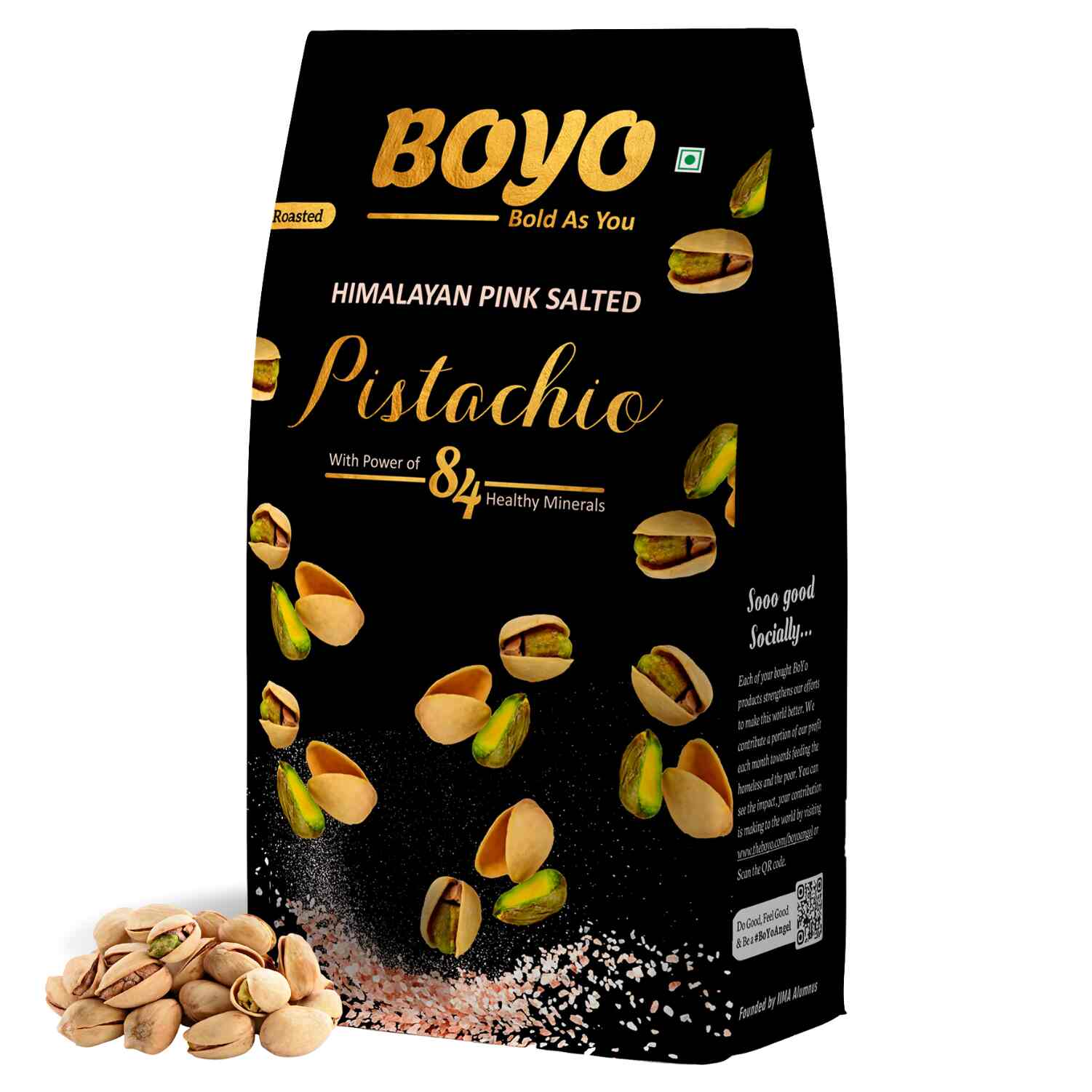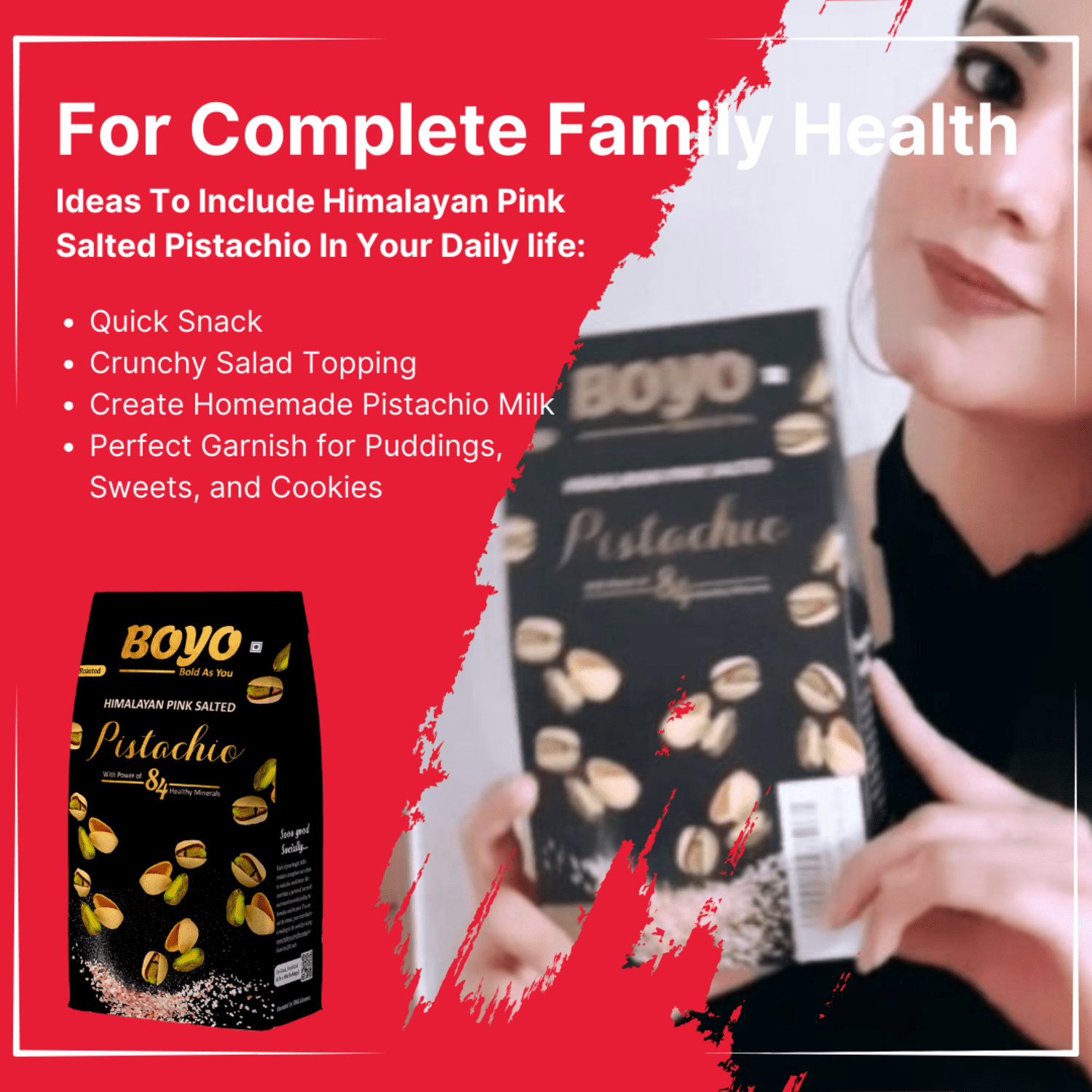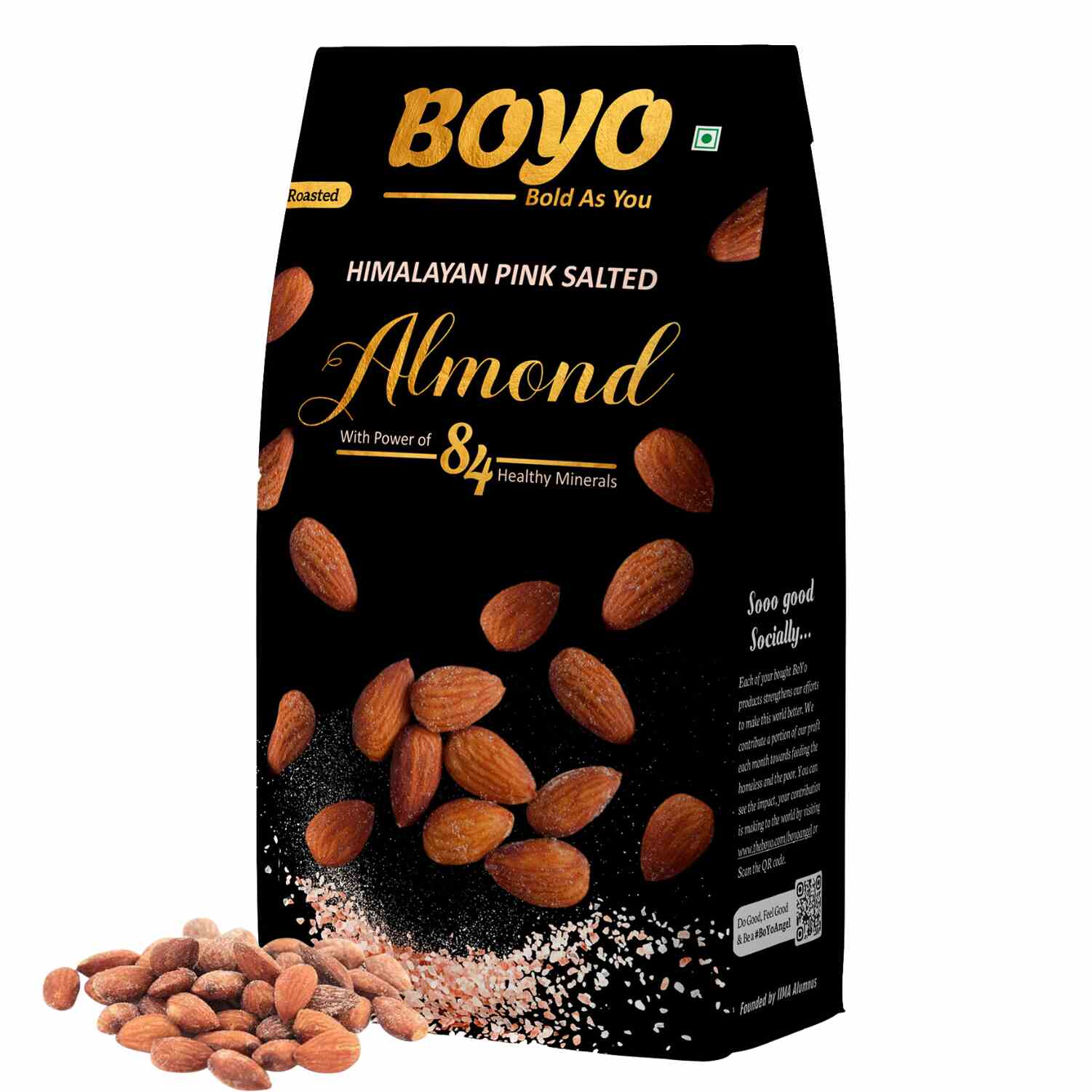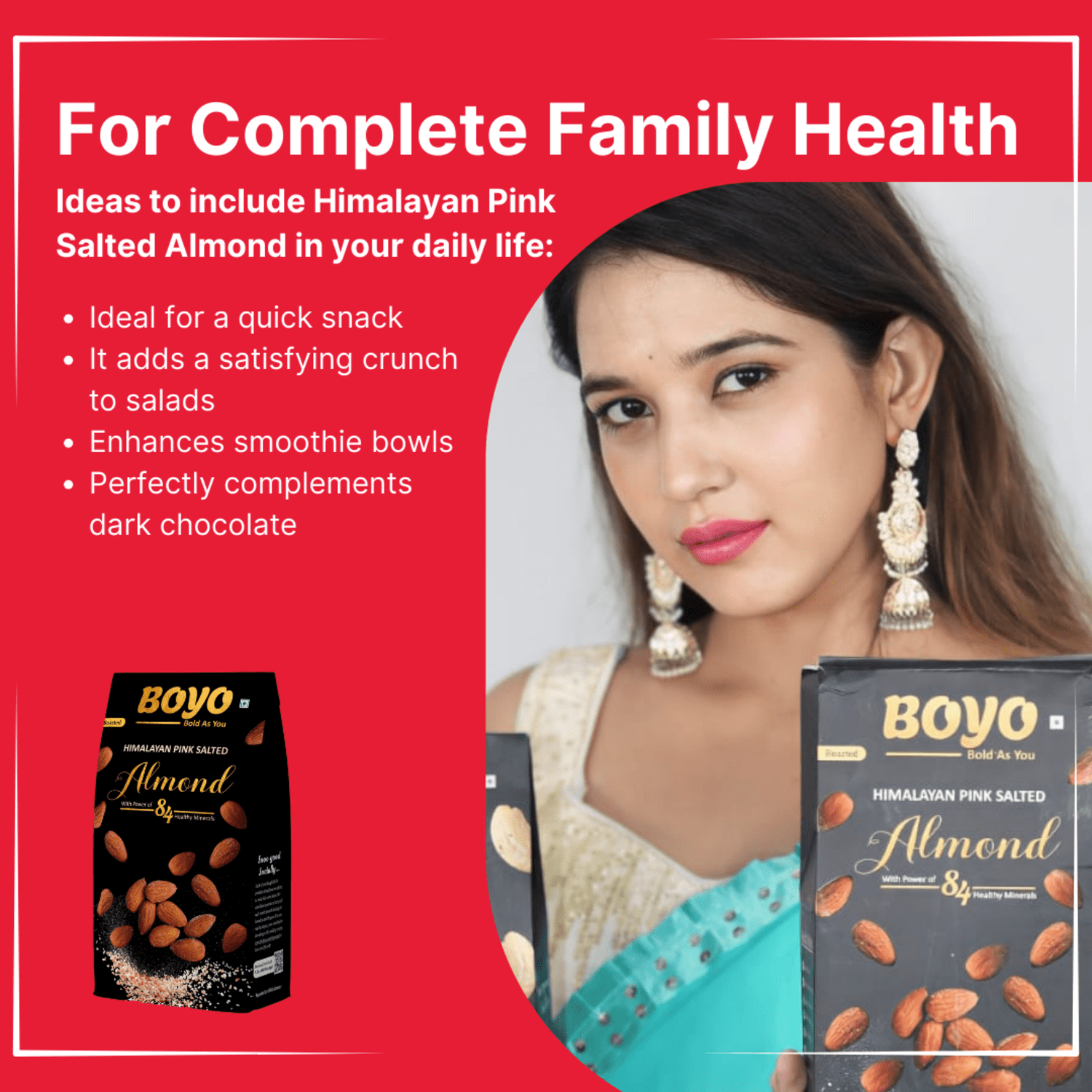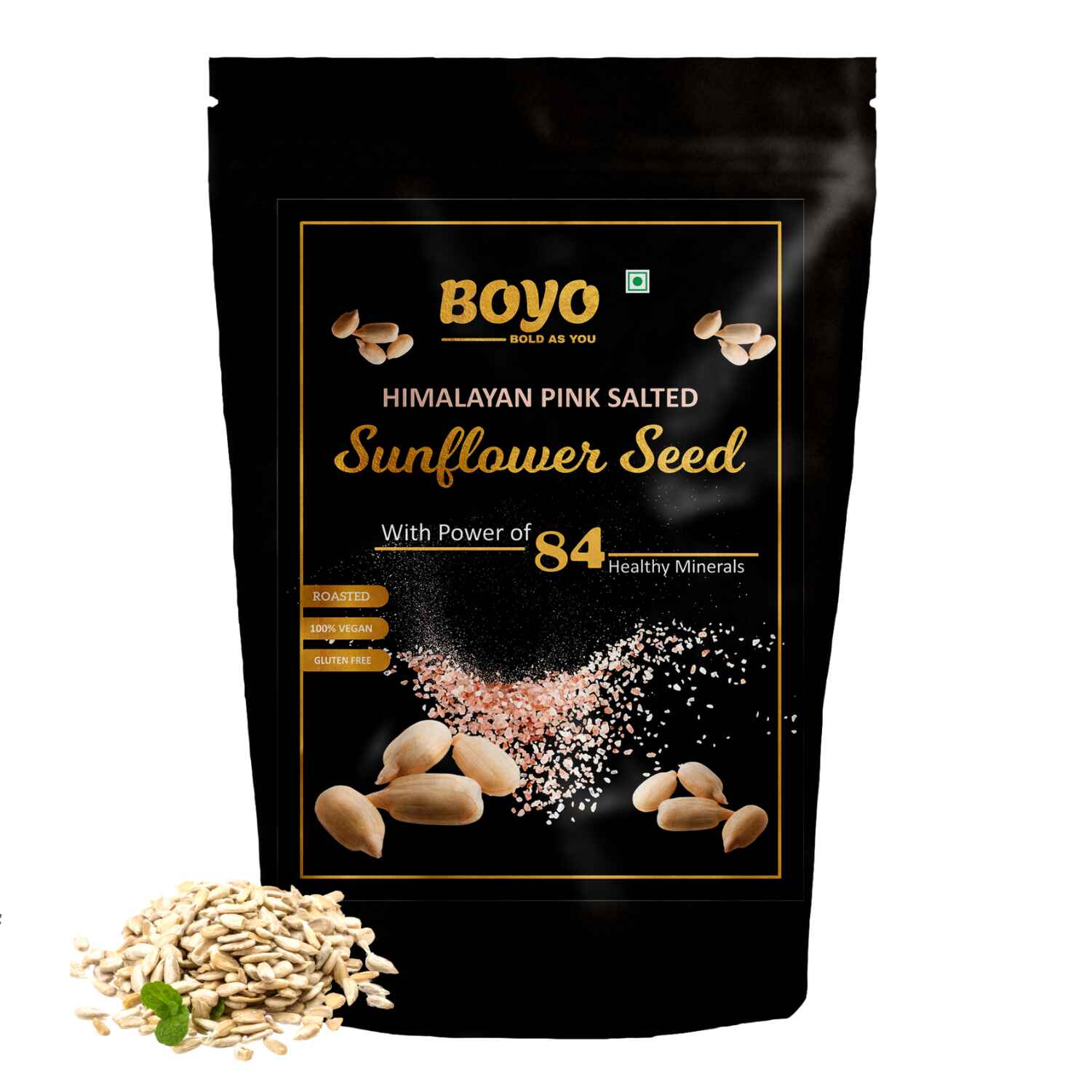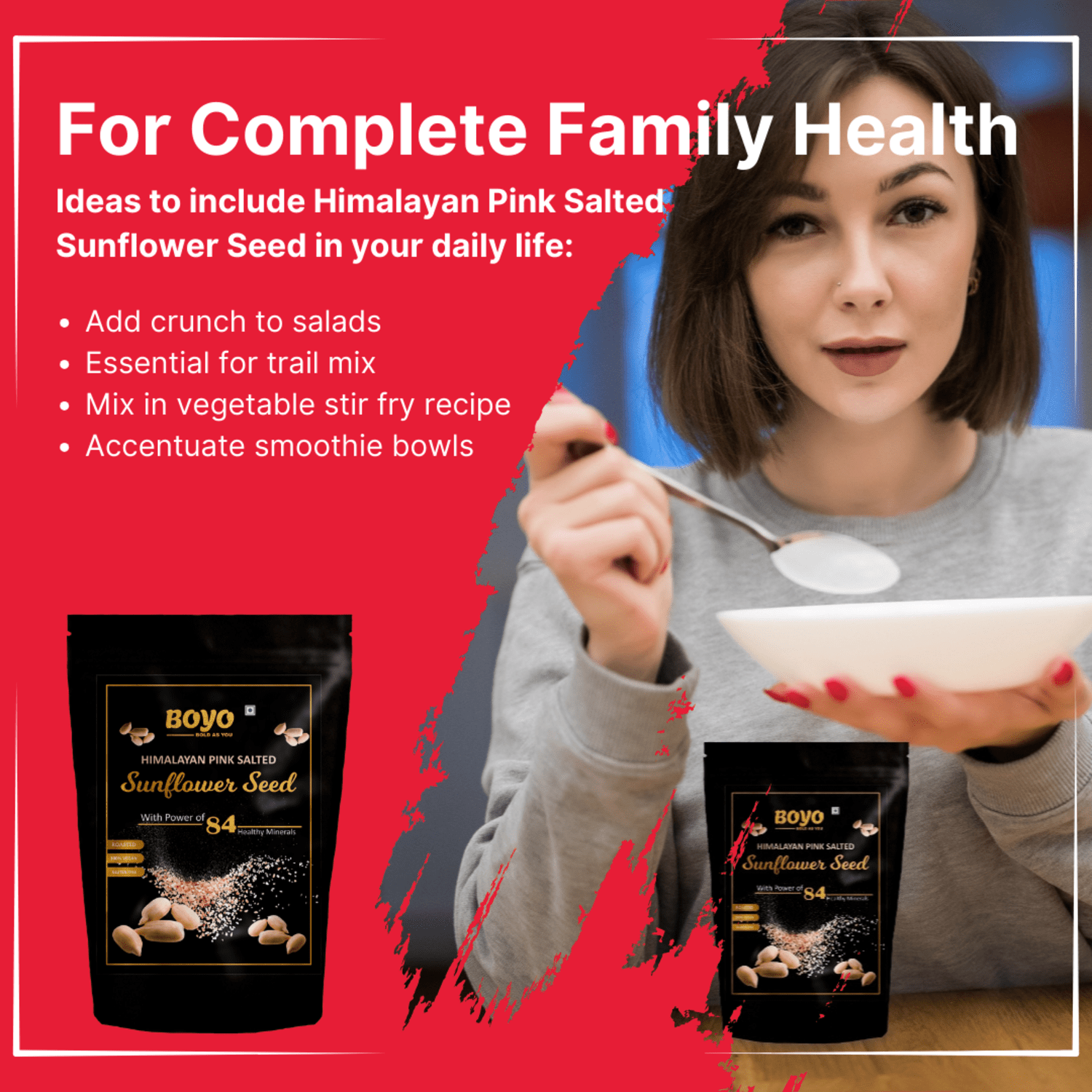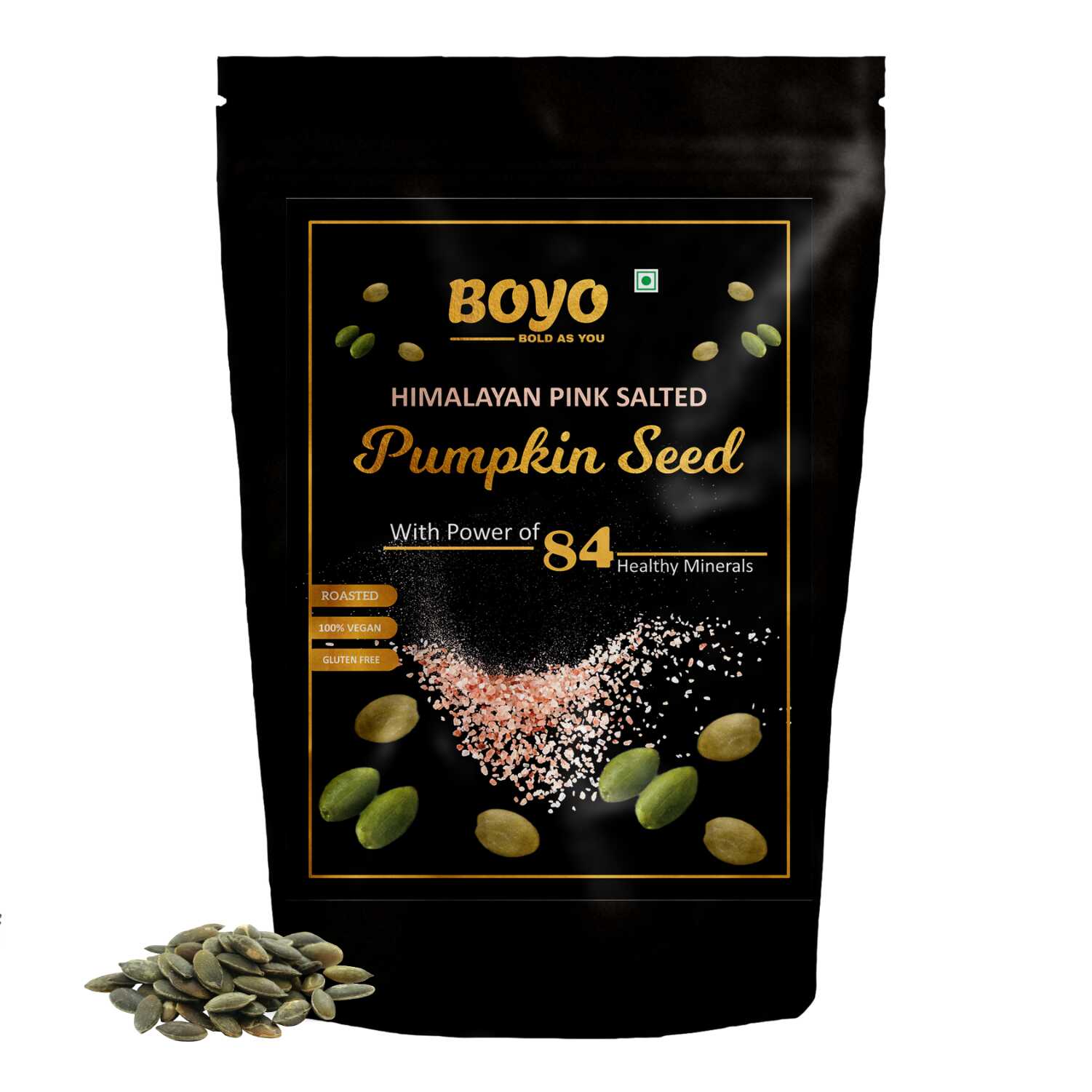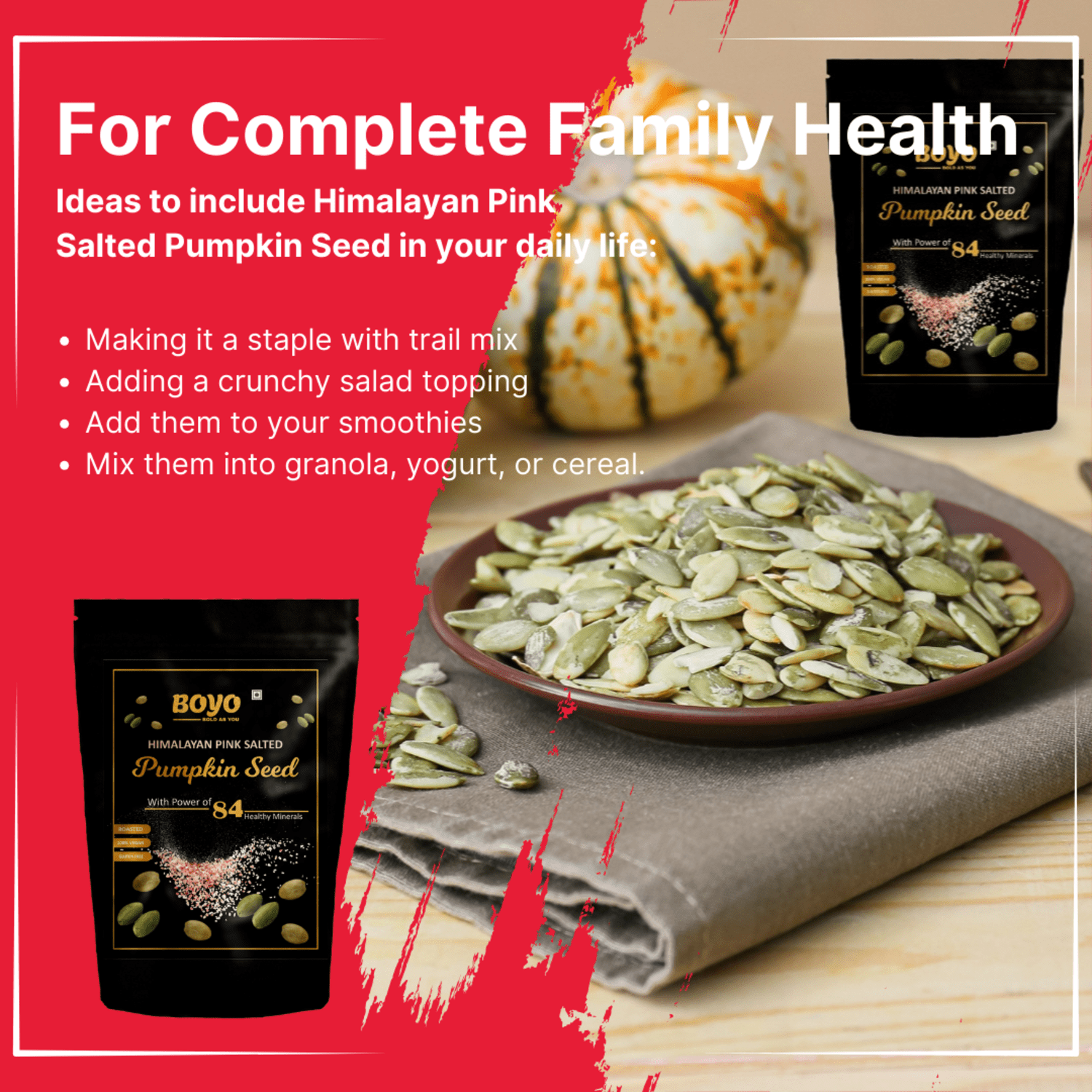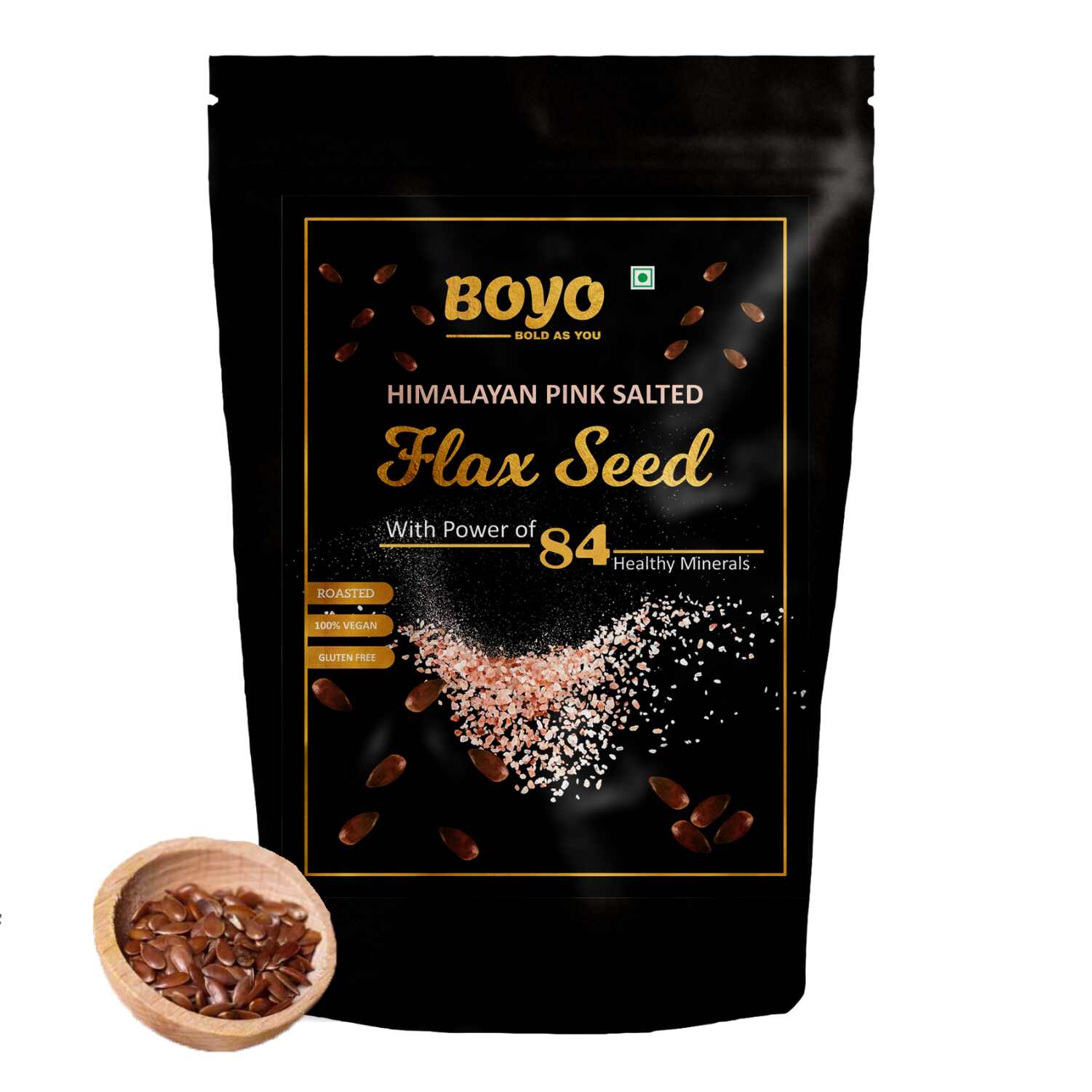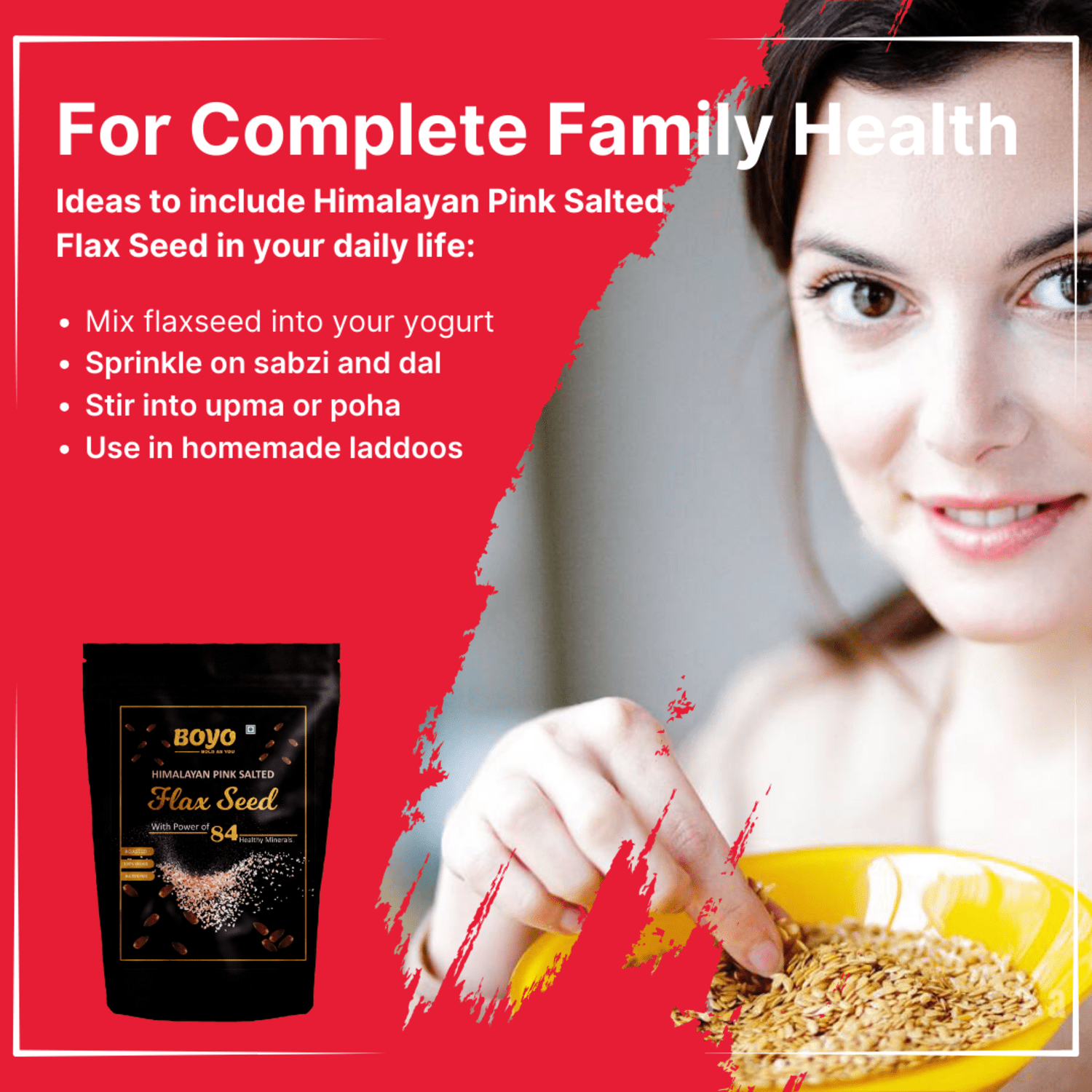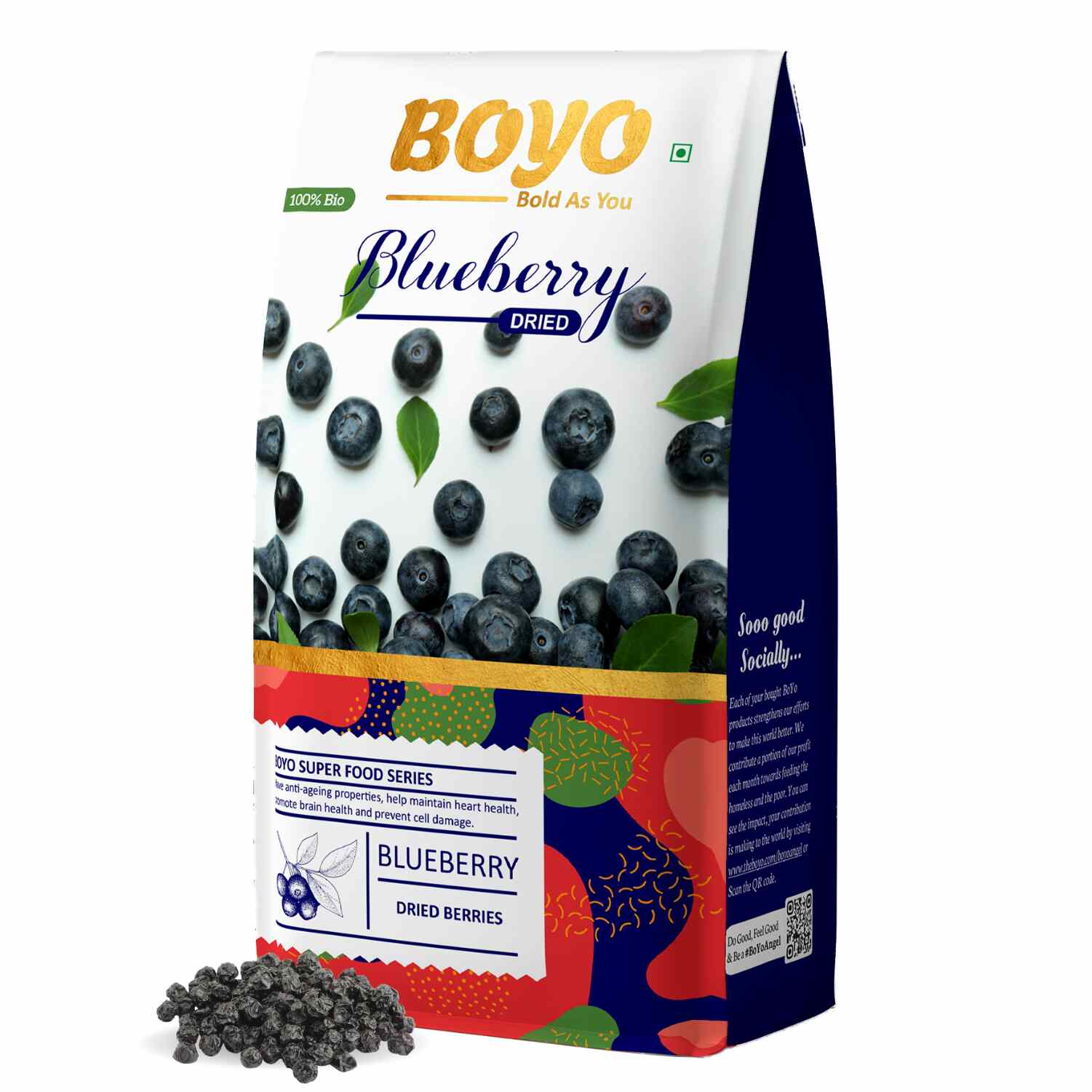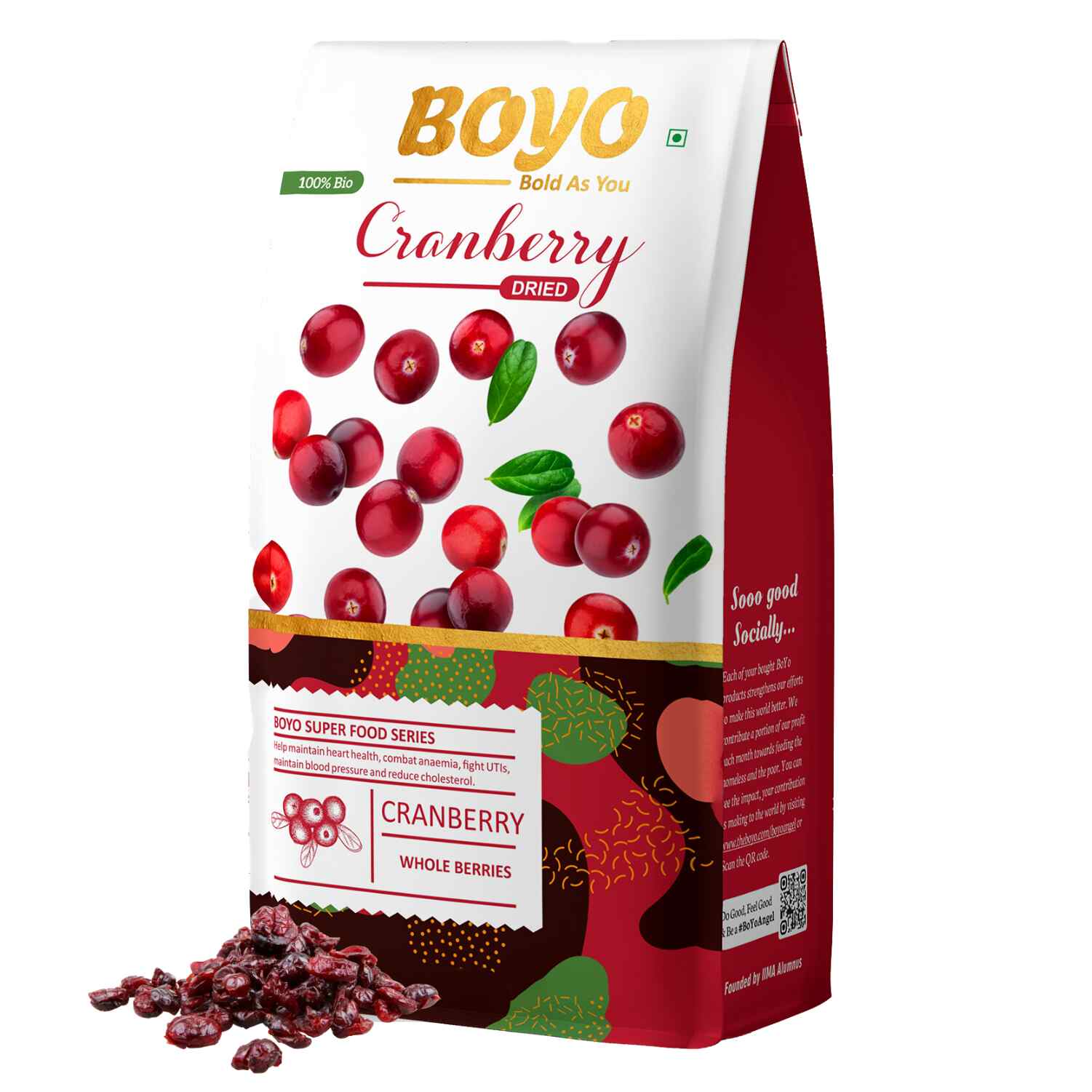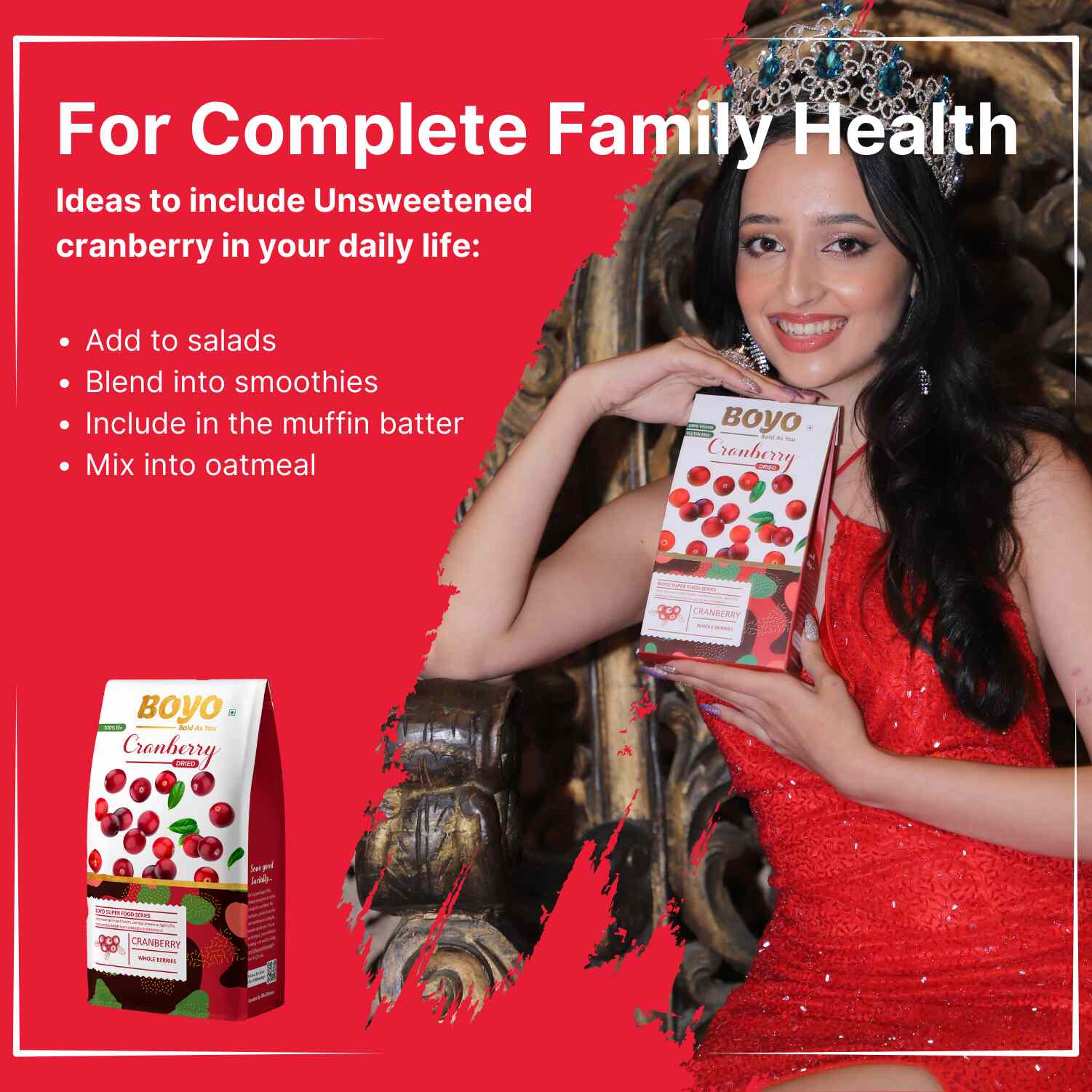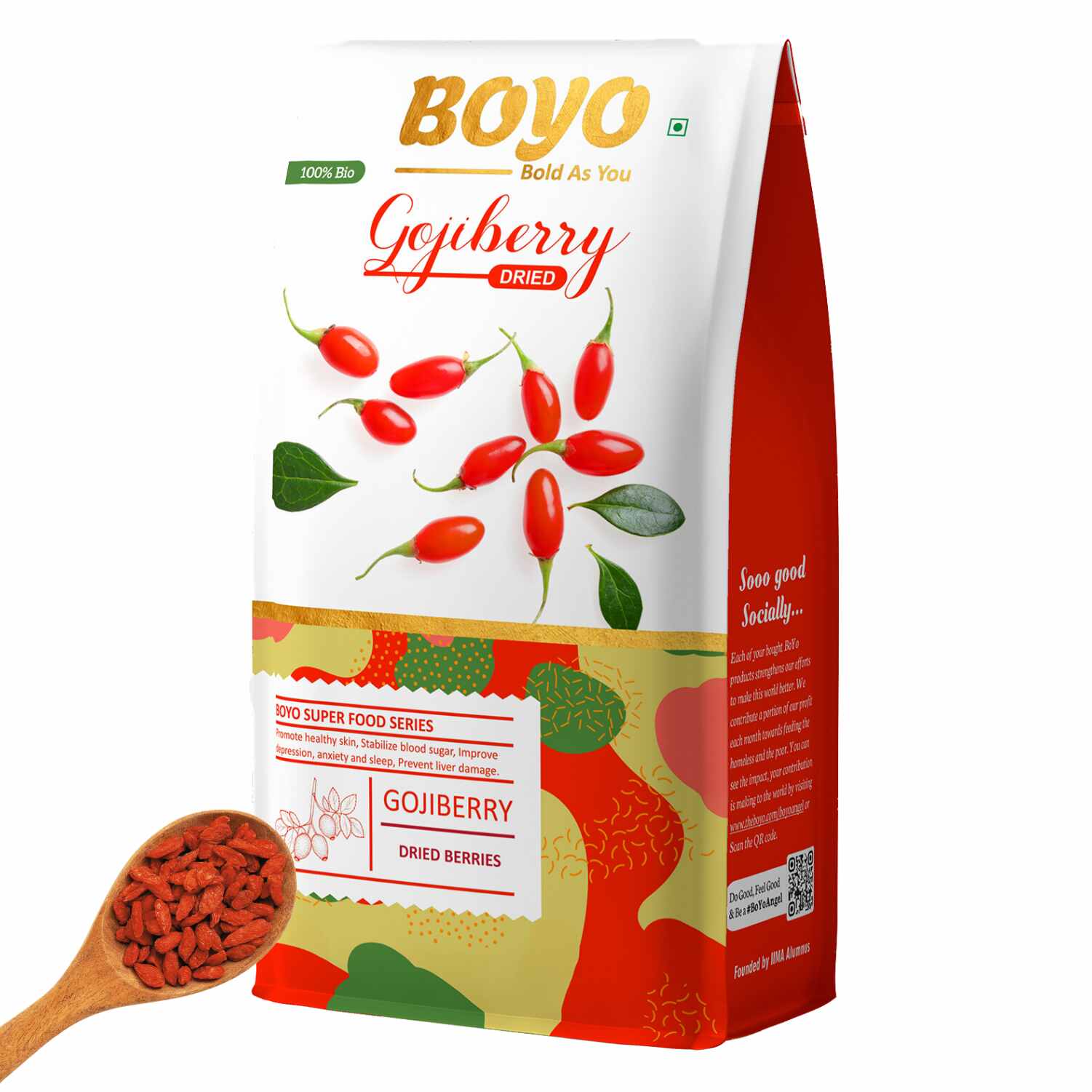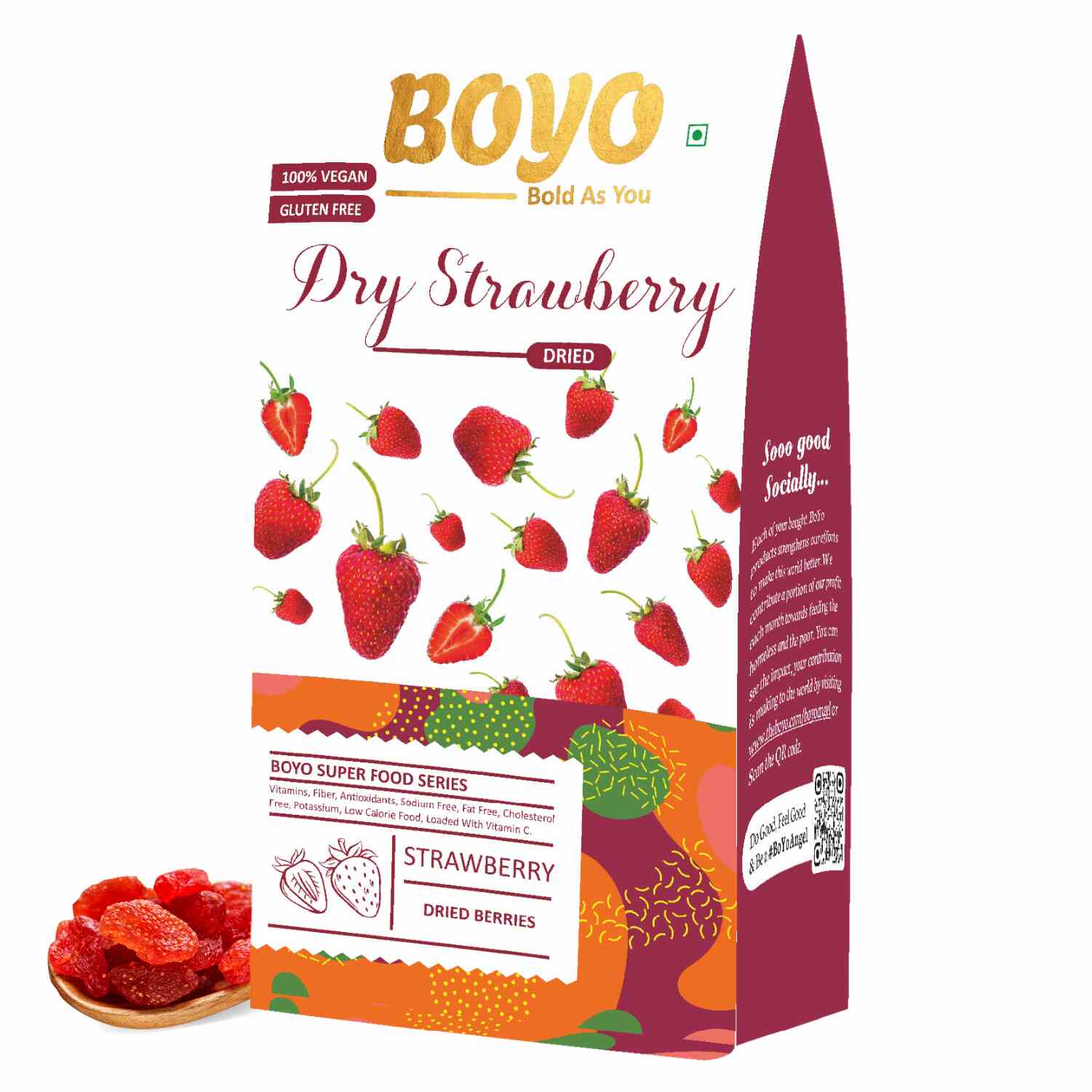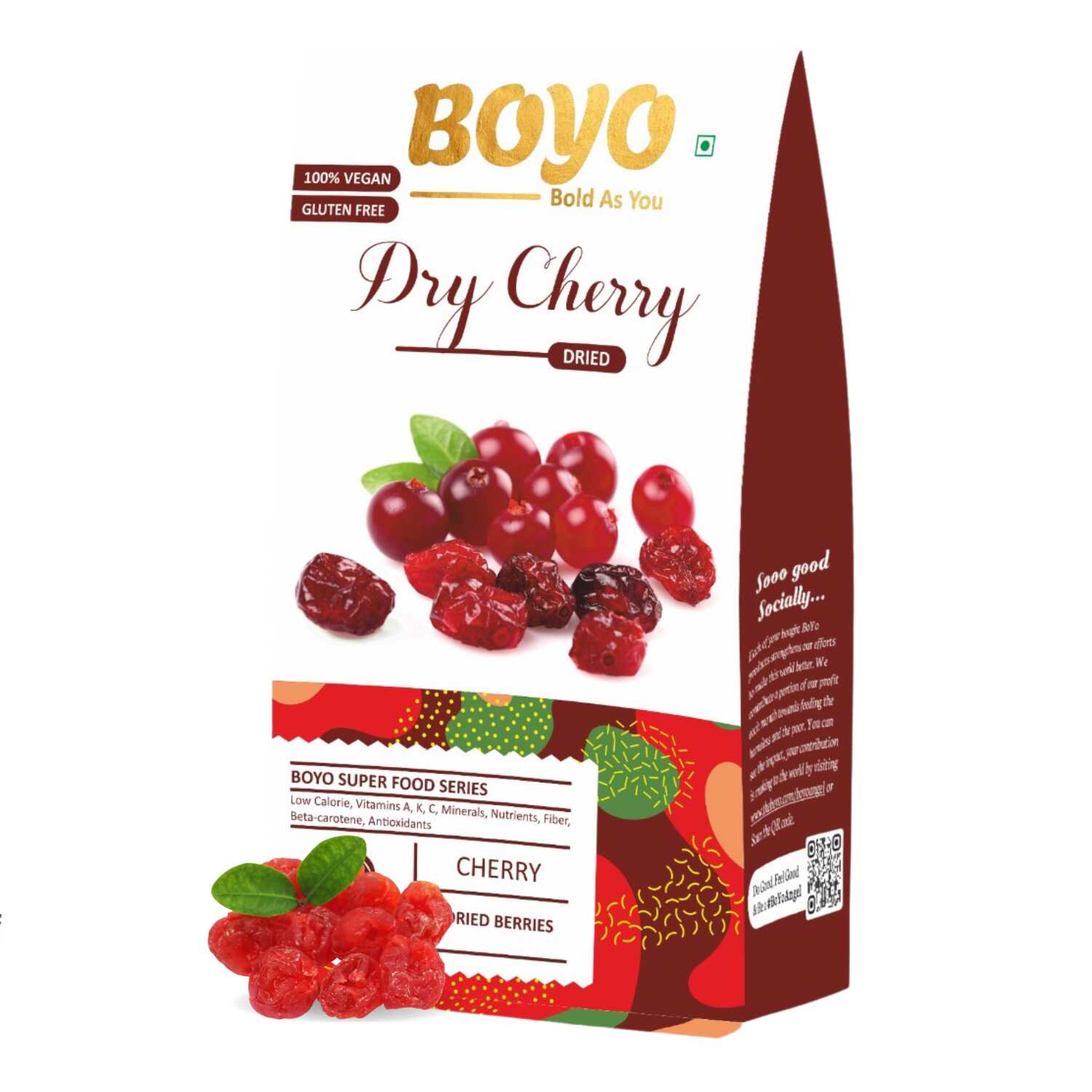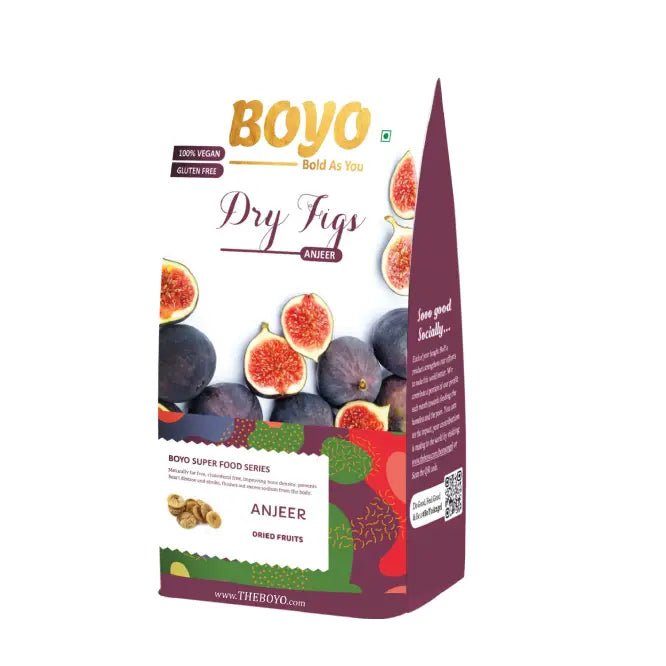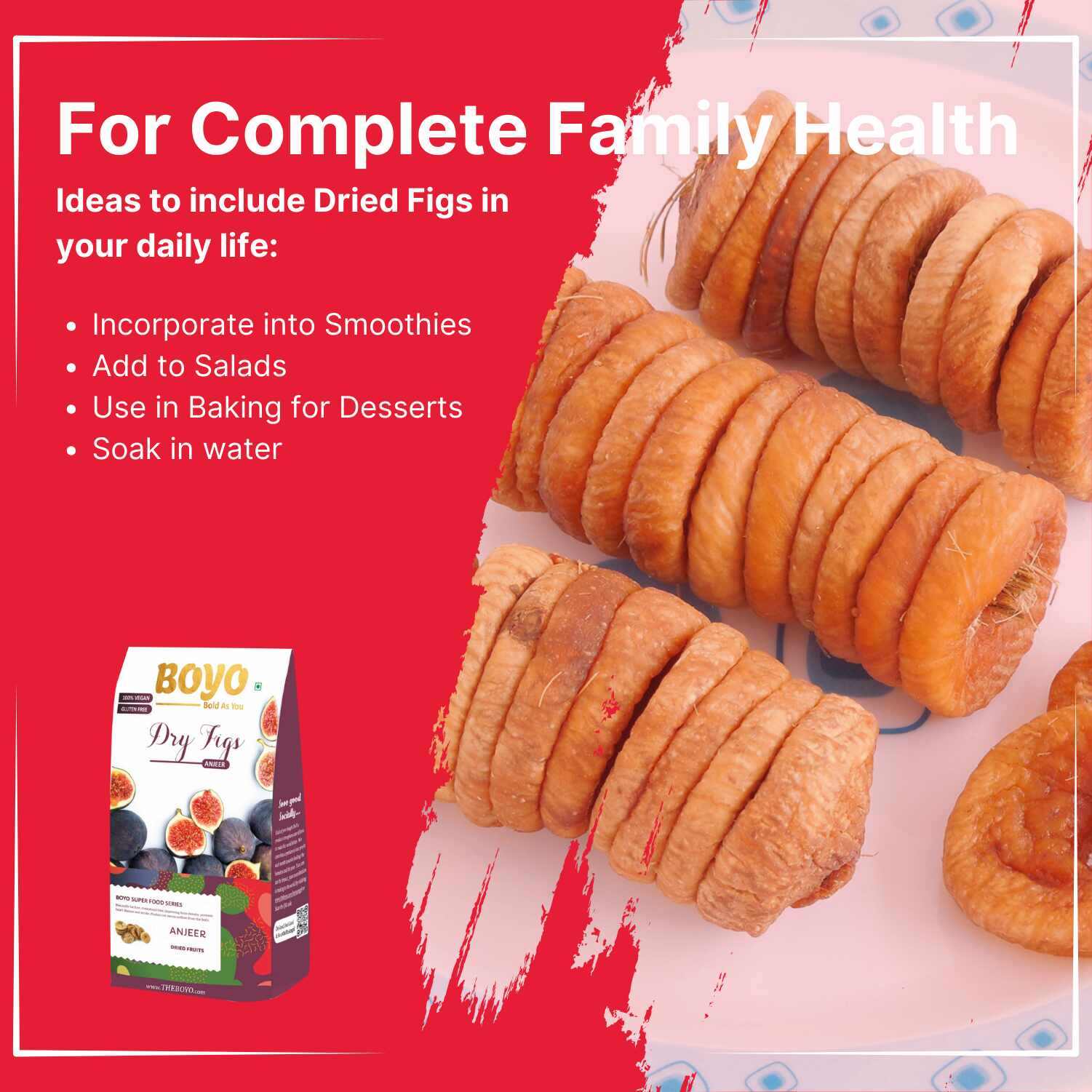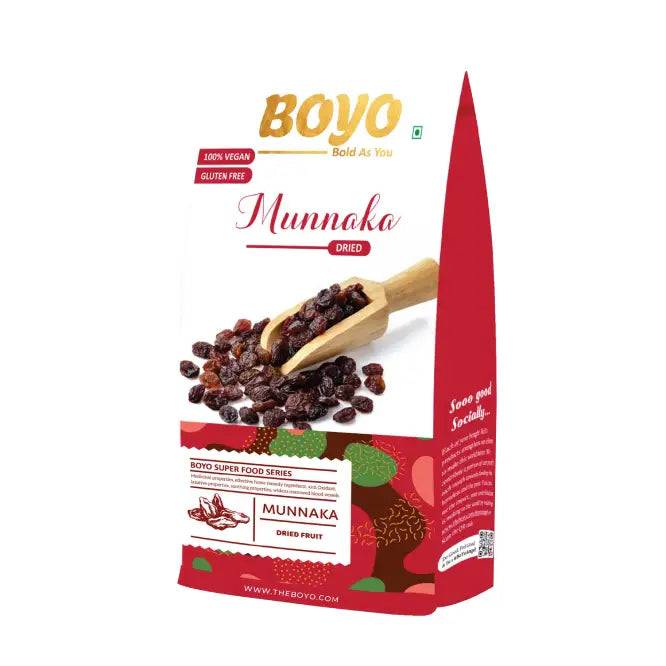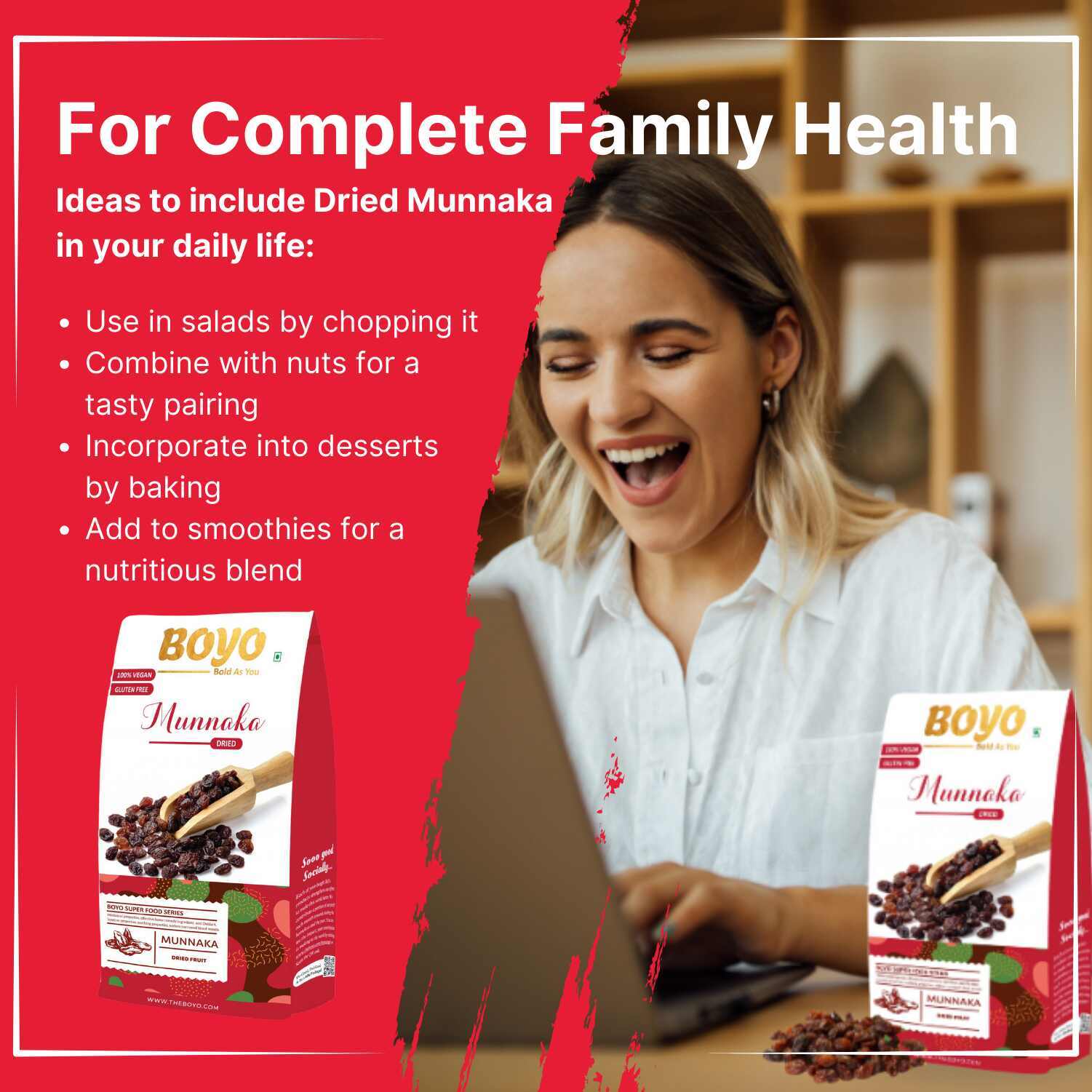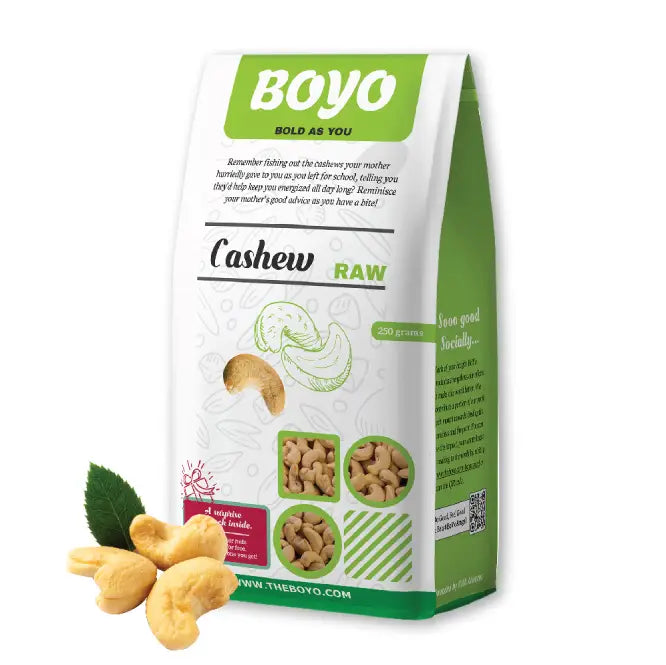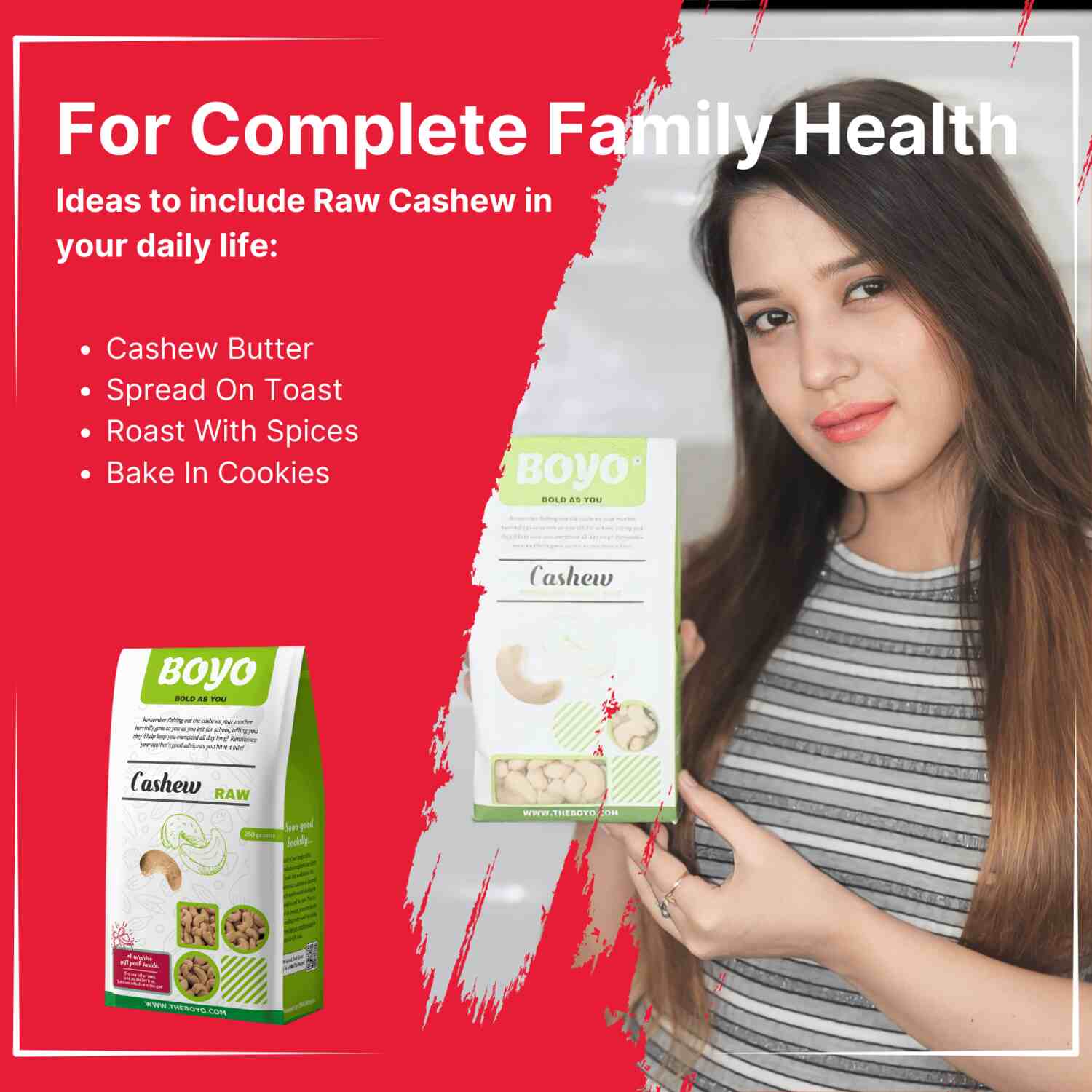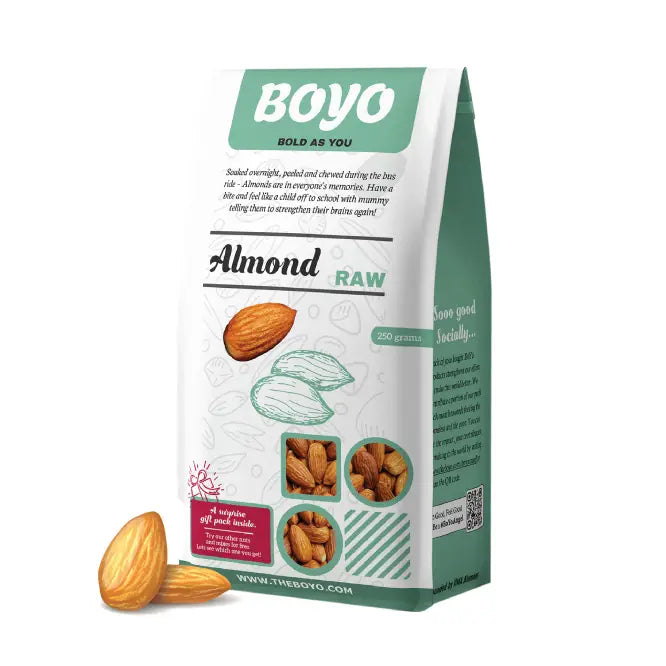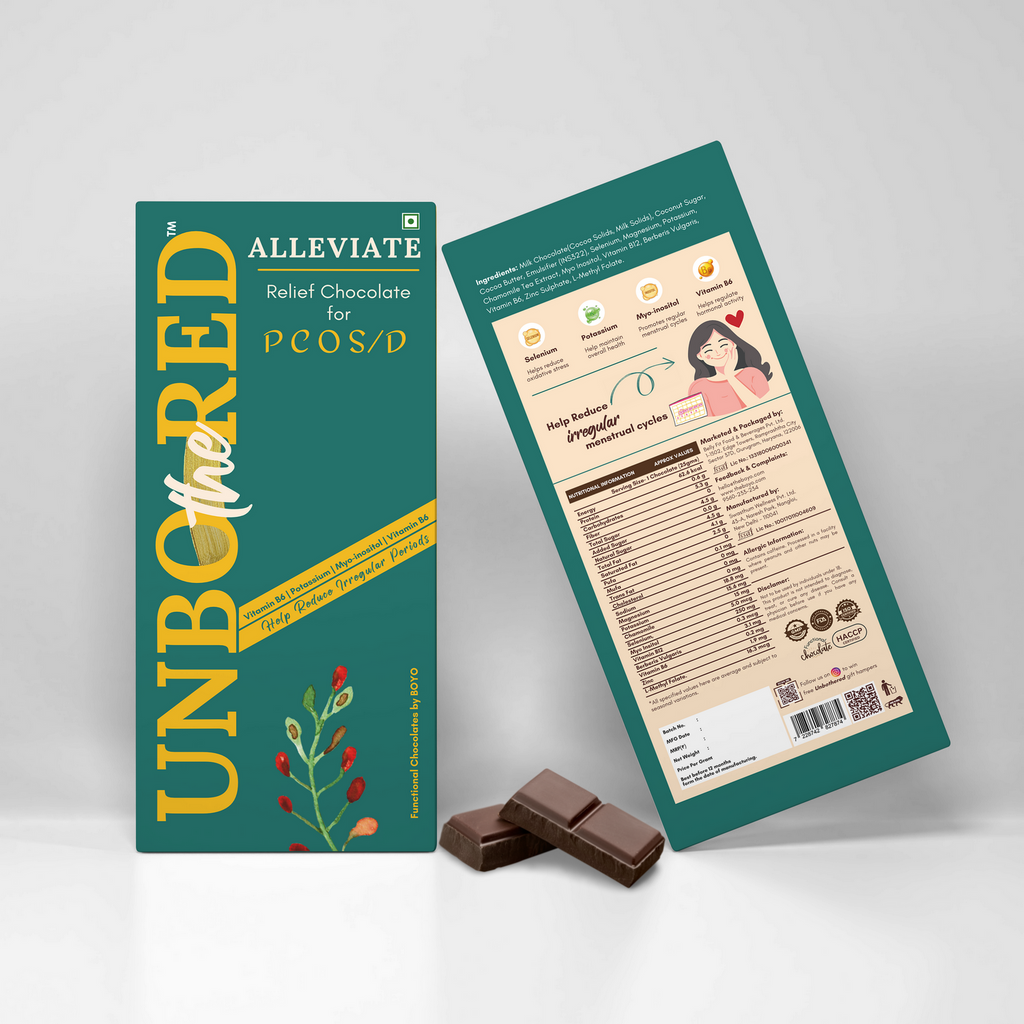
How Can I Have Good Menstrual Health? Problem We Will Solve

Many people go through their cycles without a proper understanding of what's normal, what’s not, and how to truly take care of themselves during this time. That’s why menstrual health awareness is more than just a trending topic—it’s a necessity.
In this blog, we’ll break down how to achieve good menstrual health, what common problems people face, and how innovative solutions like UNBOtheRED Chocolate are helping tackle the challenges head-on.
Why Menstrual Health Awareness Matters
Menstrual health awareness is the foundation of making informed choices. When individuals are aware of their menstrual cycles, they’re better equipped to manage symptoms, detect irregularities, and take proactive steps for self-care.
Unfortunately, many still lack access to accurate information, products, or even the language to talk about menstruation openly.
-
Unnecessary pain and discomfort
-
Missed school or workdays
-
Poor hygiene practices
-
Untreated reproductive health issues
-
Low self-esteem and anxiety
Awareness is the first step toward empowerment.
Common Menstrual Health Challenges
Let’s look at the most common menstrual health problems that people face and what might be causing them:
1. Painful Cramps (Dysmenorrhea)
Cramps are a normal part of menstruation, but when they become debilitating, they may signal underlying issues such as endometriosis or fibroids.
2. Irregular Periods
Hormonal imbalances, stress, poor diet, or conditions like PCOS (Polycystic Ovary Syndrome) can cause irregular cycles. Keeping track of your cycle can help identify what’s typical for your body.
3. Mood Swings and PMS
Premenstrual Syndrome (PMS) affects nearly 75% of people who menstruate. Symptoms include mood swings, fatigue, irritability, and bloating. While common, they shouldn’t be ignored.
4. Heavy Bleeding (Menorrhagia)
Heavy bleeding that interferes with daily life could indicate hormonal issues or health conditions that need medical attention.
5. Fatigue and Iron Deficiency
Heavy periods can lead to iron deficiency anemia, resulting in fatigue, dizziness, and shortness of breath.
The good news? These problems are solvable. But it starts with talking about them and finding the right tools and resources.
Achieving Good Menstrual Health: Step-by-Step
Here’s how you can support your menstrual health and build sustainable habits:
1. Track Your Cycle
Use a calendar or a period tracking app to monitor your cycle length, flow, symptoms, and mood. Tracking helps you predict your period and spot abnormalities.
2. Eat Nutrient-Rich Foods
A healthy diet supports hormone regulation. Include foods rich in magnesium, omega-3s, and iron. Leafy greens, nuts, seeds, and dark chocolate can work wonders—especially during your period.
3. Try Natural Remedies Like UNBOtheRED Chocolate
Here’s where UNBOtheRED Chocolate comes in. More than a delicious treat, it’s formulated to ease menstrual discomfort. Packed with ingredients known to relieve cramps and boost mood (such as magnesium, adaptogens, and antioxidants), UNBOtheRED Chocolate turns your period into a more manageable and even enjoyable experience.
This tasty innovation supports menstrual health awareness by breaking the taboo and encouraging people to care for themselves unapologetically. It’s not just a product—it’s part of a movement toward healthier, happier periods.
4. Exercise Regularly
Gentle movement like yoga or walking can ease cramps, improve mood, and reduce bloating. During your period, focus on what feels good, not on pushing through intense workouts.
5. Hydrate and Sleep Well
Drinking water helps reduce bloating and fatigue. Prioritize rest, especially if your energy levels drop during menstruation.
6. Practice Self-Care and Mental Wellness
Periods can take an emotional toll. Journaling, meditation, or simply saying "no" to things that drain you can significantly improve your experience.
7. Use Comfortable Period Products
From organic tampons to reusable menstrual cups and period underwear, there are now more options than ever.
A Shift In The Conversation
What used to be whispered about behind closed doors is now becoming a mainstream conversation—and that’s a win. Brands like UNBOtheRED Chocolate are at the forefront, using their platform not only to provide effective period relief but to promote menstrual health awareness.
They understand that good menstrual health isn’t just about surviving your period—it’s about thriving through it.
Final Thoughts: The Problem We Will Solve
The problem is clear: millions of people experience poor menstrual health because of a lack of awareness, support, and resources.
-
Spreading menstrual health awareness
-
Normalizing period conversations
-
Using innovative, comforting solutions like UNBOtheRED Chocolate By Boyo
-
Encouraging holistic care through food, rest, and movement
Good menstrual health is possible—and it starts with small, intentional choices. Let’s choose comfort. Let’s choose knowledge. Let’s choose empowerment.
FAQs
Q1. What is menstrual health and why is it important?
A: Menstrual health refers to the physical, mental, and emotional well-being during all stages of the menstrual cycle. It's crucial for overall health and quality of life, helping prevent complications and ensuring hormonal balance.
Q2. How does menstrual health awareness help?
A: Menstrual health awareness empowers individuals to understand their bodies, manage symptoms effectively, seek help when needed, and break the stigma around periods.
Q3. What are some common menstrual health issues?
A: Common issues include painful cramps, irregular periods, heavy bleeding, mood swings (PMS), and fatigue due to iron deficiency.
Q4. How can UNBOtheRED Chocolate support menstrual health?
A: UNBOtheRED Chocolate is designed with ingredients like magnesium and antioxidants that help reduce cramps, elevate mood, and make periods more comfortable.
Q5. Can food and lifestyle changes improve menstrual health?
A: Yes! A balanced diet, hydration, regular exercise, and quality sleep can significantly ease menstrual symptoms and support hormonal balance.
